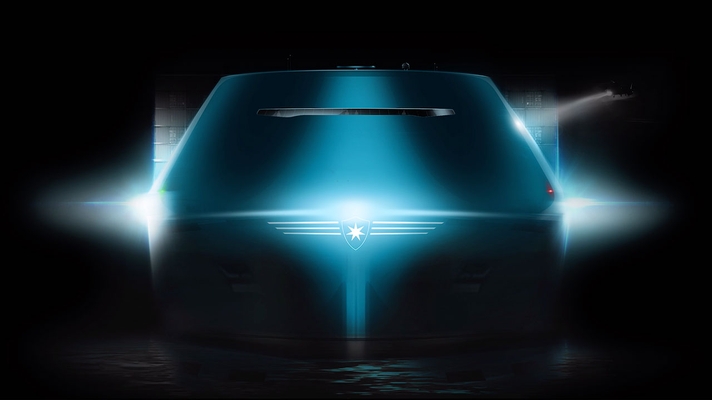Denmark’s AP Moller Maersk, the world’s largest container shipping line, has announced it will cut its CO2 emissions to zero by 2050.
Given the 20-25-year life time of a vessel, it is now time to join forces and start developing the new type of vessels that will be crossing the seas in 2050, states Maersk.
Abandon Fossil Fuels
'We will have to abandon fossil fuels. We will have to find a different type of fuel or a different way to power our assets. This is not just another cost-cutting exercise. It’s far from that. It’s an existential exercise, where we as a company need to set ourselves apart,' Søren Toft, Maersk’s chief operating officer, told the Financial Times.
The company has not yet revealed which green propulsion technology or combination of technologies it favours. However, others in the sector have projects well underway using biofuels, hydrogen/ammonia, battery electricity, wind and solar power.
Industry Involvement, Co-development, and Sponsorship
'The next five to ten years are going to be crucial. We will invest significant resources for innovation and fleet technology to improve the technical and financial viability of decarbonised solutions. Over the last four years, we have invested around USD 1bn and engaged 50+ engineers each year in developing and deploying energy efficient solutions. Going forward we cannot do this alone,' adds Toft.
R&D is key to take the industry away from today’s fossil based technology and by setting this ambitious target, Maersk hopes to generate a pull towards researchers, technology developers, investors, cargo owners and legislators that will activate strong industry involvement, co-development, and sponsorship of sustainable solutions that we are yet to see in the maritime industry.
In 2019, Maersk is planning to initiate open and collaborative dialogue with all possible parties to tackle together one of the most important issues in the world; the climate change.
Picture: The future of zero carbon shipping (by Maersk).








